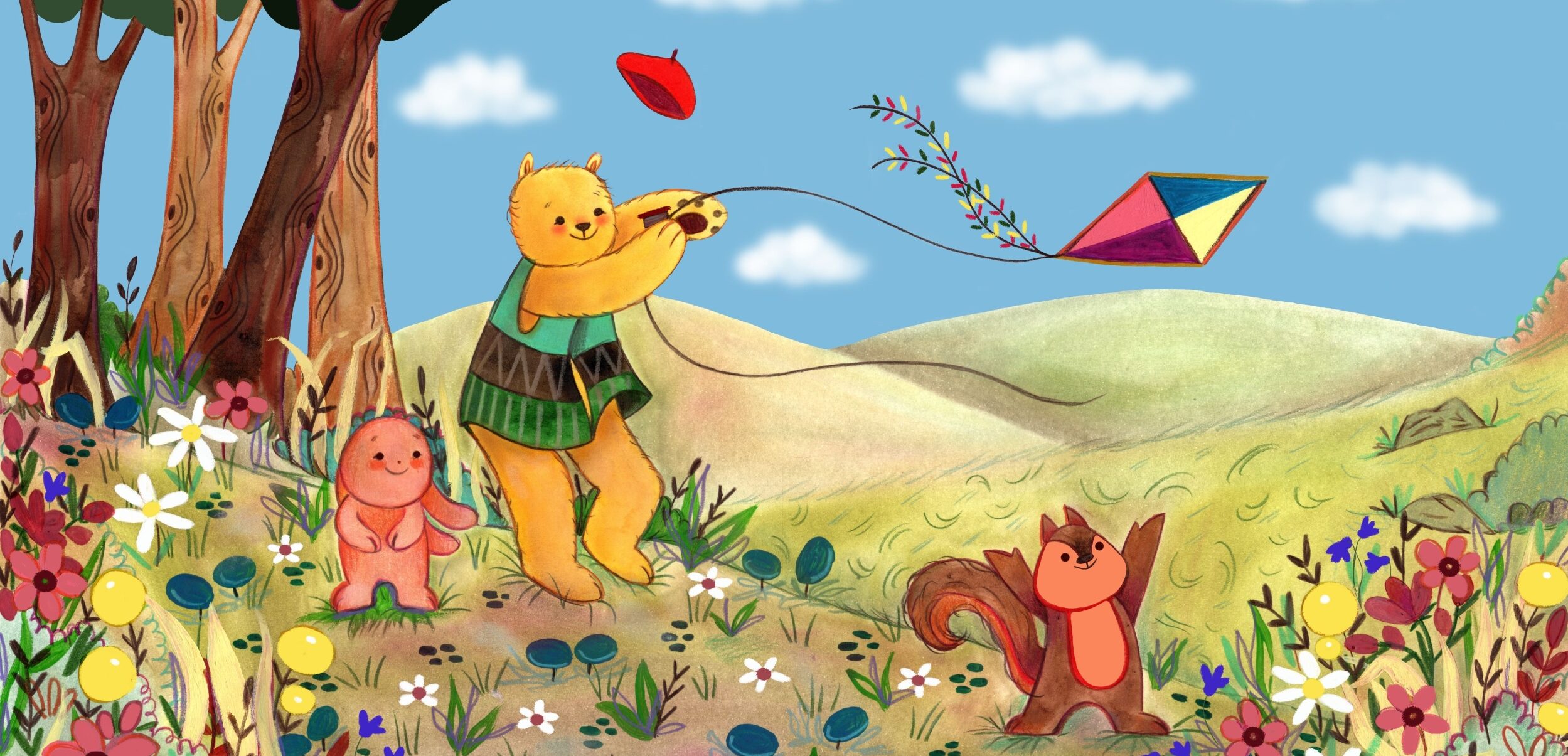How families and everyone doing their part are the real heroes.
To everyone around the world: In a time when no one thought relief could come faster, people are being uplifted, moved, and feeling hope in the ins and outs of each day. We know this, in part, because Najma volunteered as a Crisis Counselor as the coronavirus picked up its ravaging impact near the end of March. Her first and only week of training was the last week of March 2020, because she decided that she wanted to finish as quickly as possible in order to start reaching out to those in crisis. She felt compelled to do her part and inevitably brought relief to many, including those who were overwhelmed with anxiety or grief, those who found hunger and isolation unbearable—all understandably so—in the middle of a pandemic brought before our very eyes in the light of day and lasting into the stretches of the night.
As public health professionals, we’ve seen the benefits of empowerment and uplifting that human outreach can have. Serving as a Crisis Counselor has strengthened, in return, Najma’s interest to serve others during this devastating time.
Of course, there are some lifestyle changes Homa has experienced while working in health care at a stressful time like this. For example, showering before hugging loved ones or expanding the quarantine even within the home, especially if a loved one is elderly or immunocompromised, in order to stay at least six feet apart. This can be particularly tough when you try to explain to children why they cannot hug their grandparents. However, we appreciate the moments we do have together, often in an outdoor setting, even more so now than before.
As families with frontline medical workers, we feel like we are going through this, like everyone else, together. Our sacrifices, we feel, are small. Our ability to make it through every single day, however, feels easier when we know we are in it together. This is the power of coming together, a message of unity—and of gratitude—that as public health professionals, we feel is urgent to tell.
Gratitude goes beyond words. It is a feeling that measures our combined love and respect, in many ways, for families across the world and for frontline heroes spread in every corner of each country affected by the coronavirus. Gratitude for the members of each family, whether of nuclear or blended type, have us recognizing the role of mothers, the role of fathers, the role of daughters and sons, the role of husbands and wives, and the role of loved ones. Together, we synchronously feel and share in a love for each other and our world while adapting and recovering from what is a global experience. Our gratitude extends beyond our families and frontline heroes and actually has allowed us to realize a collective gratitude for the planet that we share.
Interestingly, many international and national conferences are now being converted to virtual platforms, and remote meetings are becoming more efficient as people find workarounds for prior issues, such as time zone differences. Ironically, we have become more interconnected through this time of staying isolated. The quarantine lifestyle has forced us to slow the pace of our schedules that are overpacked with activities. It has made remote working the norm, and spending less time commuting has allowed us to spend some more quality time during key times of the day with our loved ones.
Have you thought about how the air might seem cleaner lately? A bit crisper? The sky a bit bluer or the grass a bit greener? Perhaps on a walk outside, an outside for which we have more gratitude than ever before. Our gratitude for our way of life, our togetherness as families, for frontline heroes—including doctors, nurses, public health professionals, grocery store workers, delivery personnel, caregivers, first responders, teachers, neighbors—and every single person feeling uncertainty, fear, or pain includes gratitude for everyone.
What is gratitude? Appreciation for our love and togetherness. It is a simple practice that removes us from the sad and depressing and has us recognize the inspirational and treasured parts of our lives.
Gratitude for families, even if it is a single-member family, is our tool for sharing our combined love and respect for each person doing their part to save our communities and world during this difficult time. Gratitude for all who are staying at home. This is for the mothers, the fathers, the daughters, the sons, the neighbors, the caregivers, and for the loved ones and friends we recognize and honor. This is to support healthier families and a healthier world, into and beyond the time of coronavirus.
Source/Credit for Photo Above: CDC/Pexels
This article was originally published by Najma Khorrami, MPH and Homa Ahmadzia, MD, MPH on Psychology Today.

